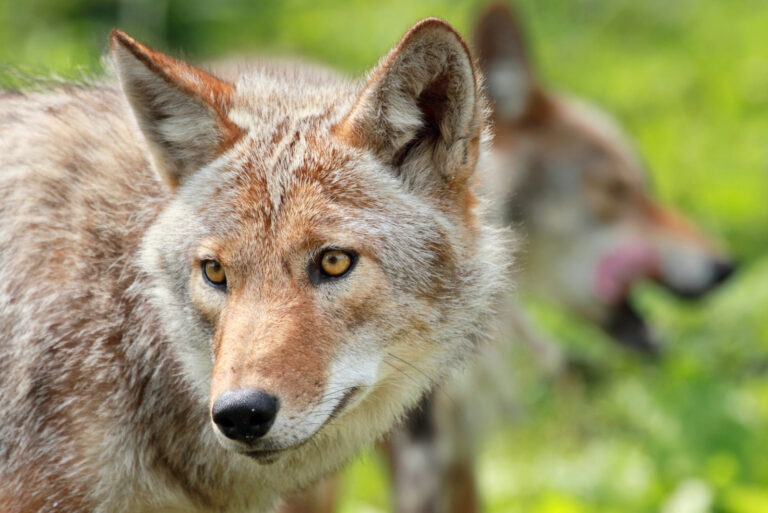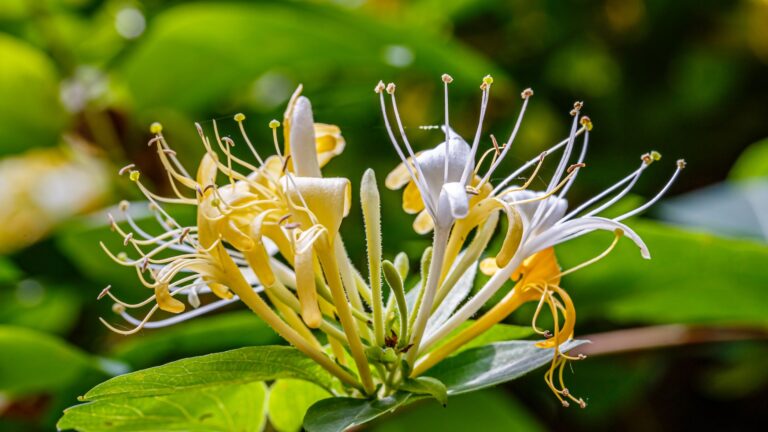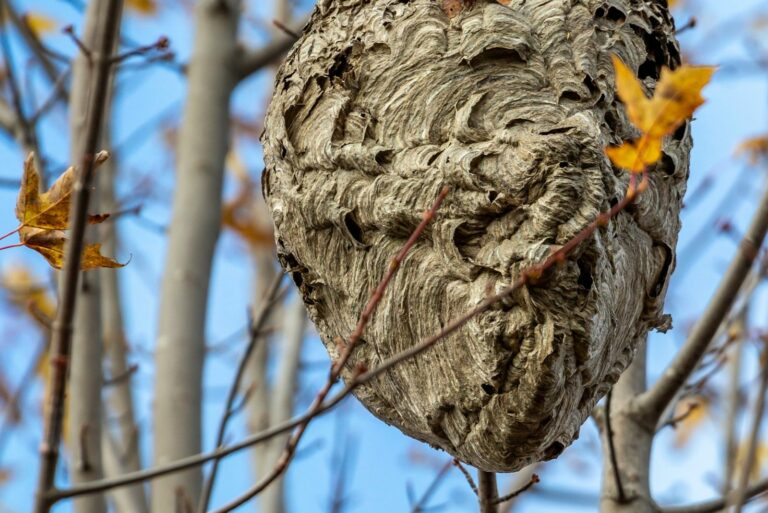When Pennsylvania Homeowners Should Take Down Hummingbird Feeders
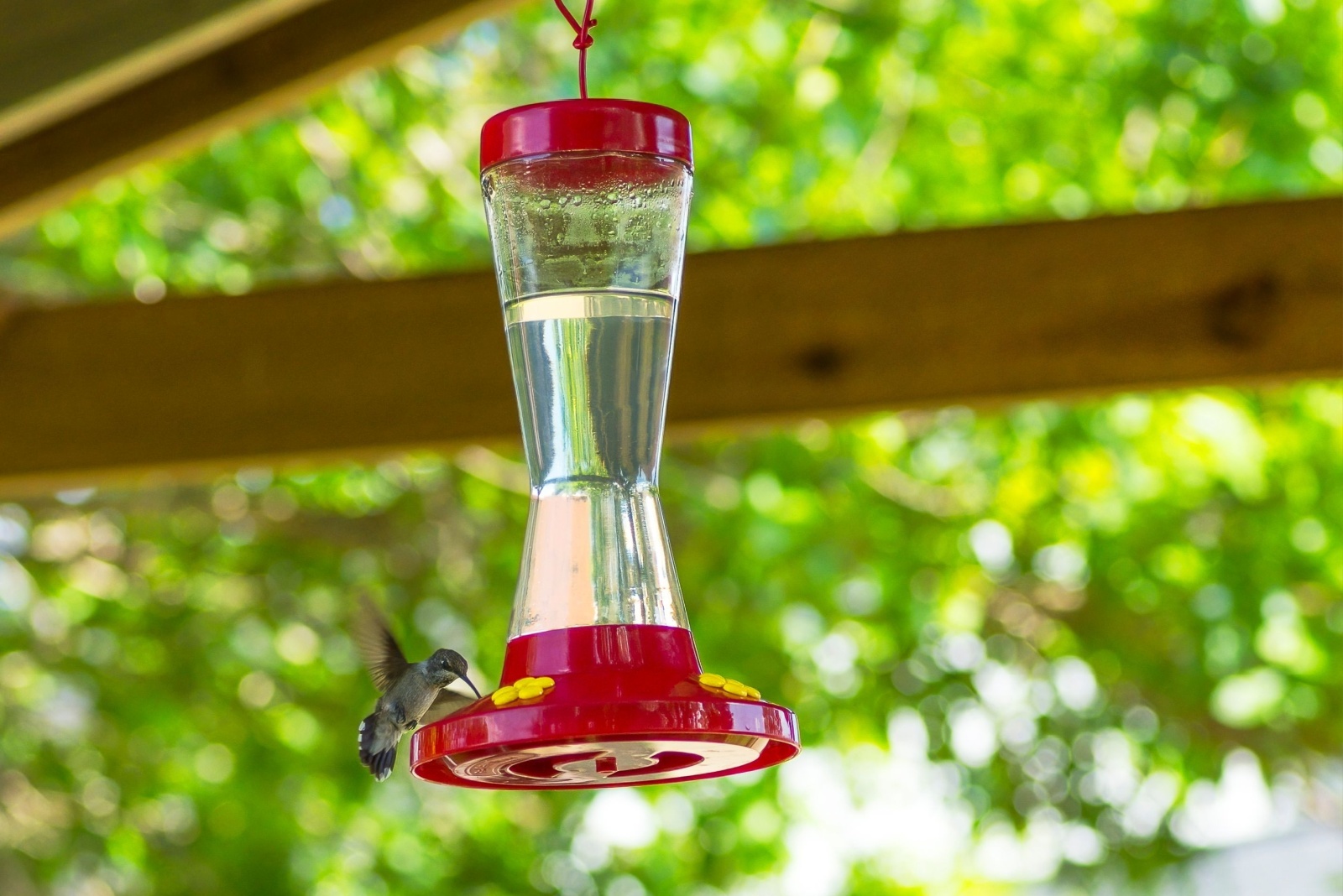
When the flowers start to fade and the air cools in Pennsylvania, many homeowners wonder if it’s time to pack up the hummingbird feeders. The answer depends less on dates and more on the birds themselves.
Keeping an eye on their migration habits can make all the difference between lending a helping hand and accidentally overstaying your welcome in their seasonal rhythm.
1. Wait Until Late October Or Early November
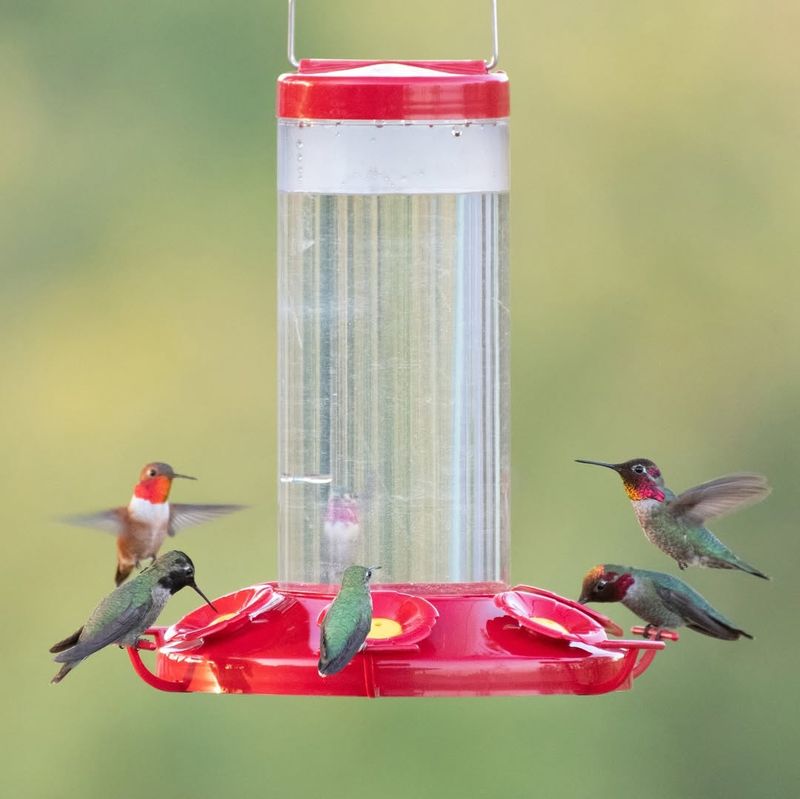
Most Ruby-throated Hummingbirds leave Pennsylvania by mid-October, but stragglers often linger longer than expected. Keeping feeders up through early November ensures late migrants have fuel for their journey south.
Some birds travel from northern regions and stop in Pennsylvania briefly. Your feeder might be their last reliable food source before heading to warmer climates.
Don’t worry about feeders preventing migration—instinct and daylight changes trigger their departure, not food availability.
2. Watch For Two Weeks Without Visitors
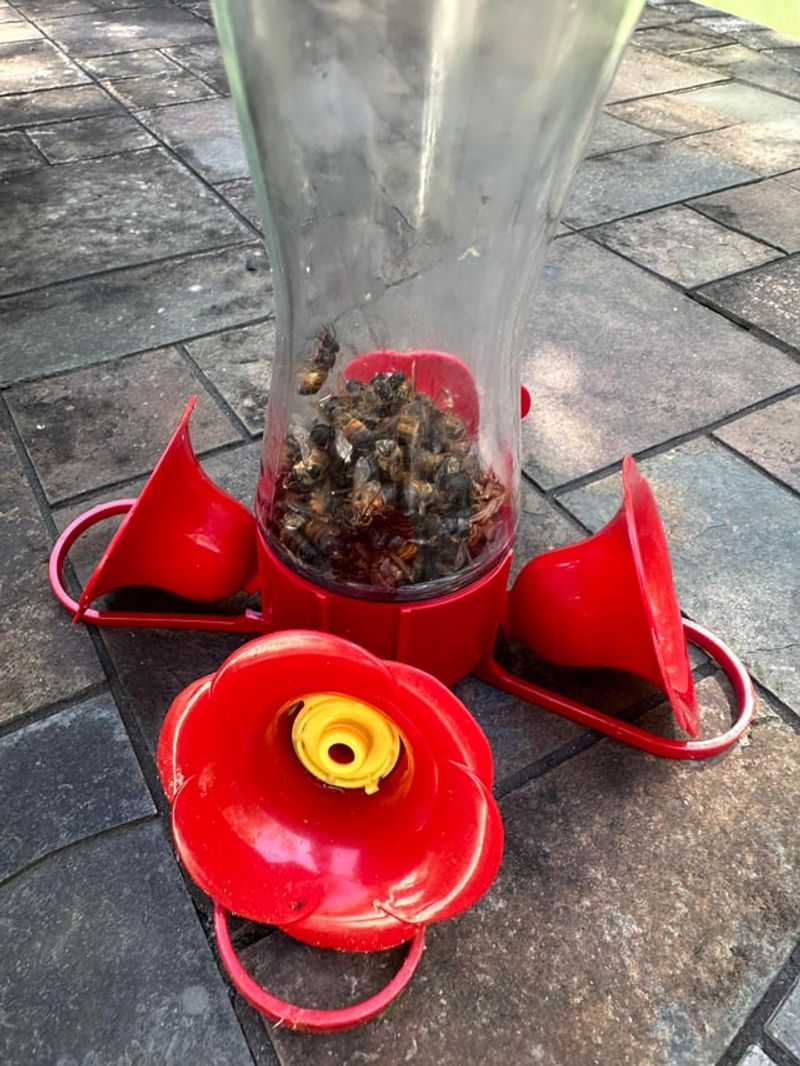
Once you notice no hummingbirds visiting for about two weeks straight, it’s generally safe to take down your feeder. This waiting period accounts for irregular feeding patterns and occasional visitors passing through.
Mark your calendar when you spot the last hummingbird. Count fourteen days from that date before removing the feeder completely.
Sometimes a lone bird might surprise you after several quiet days, so patience pays off for these hungry travelers.
3. Consider Your Local Elevation And Climate
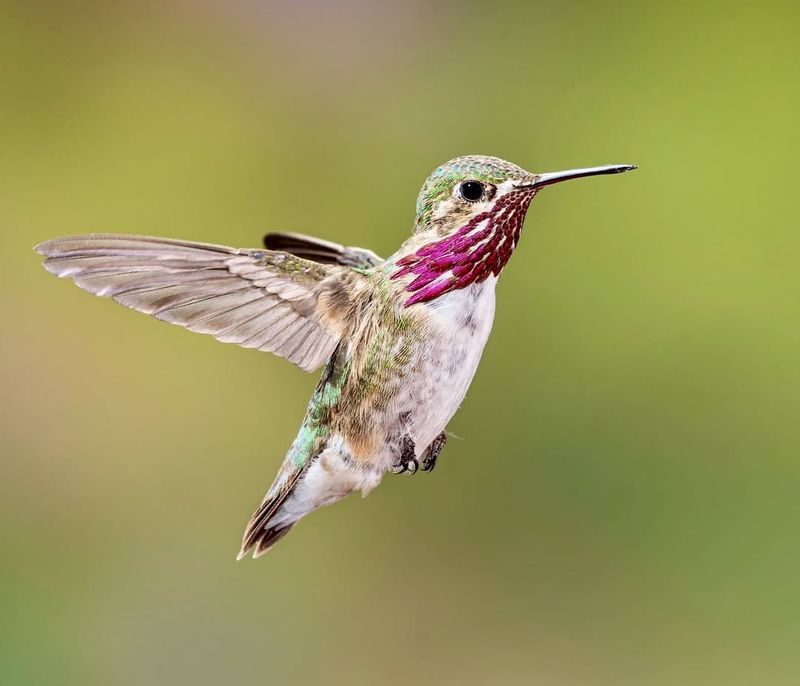
Pennsylvania’s varied landscape means different removal times depending on where you live. Mountain regions experience earlier cold snaps, while southeastern areas stay warmer longer into fall.
Higher elevations see hummingbirds leave by late September, but lowland valleys might host birds until mid-November. Temperature drops and frost arrival signal when migration peaks in your specific area.
Talk to neighbors or local birding groups to learn patterns unique to your community.
4. Keep Feeders Clean During Final Weeks
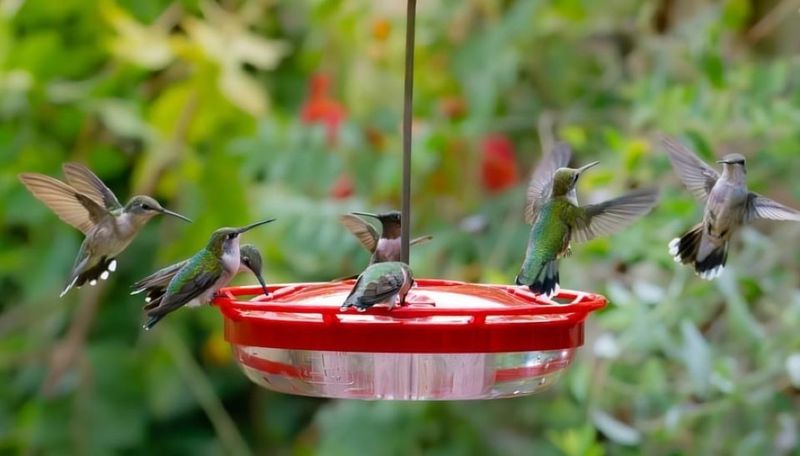
As temperatures fluctuate in autumn, sugar water spoils faster than during stable Pennsylvania summer weather. Cloudy or moldy nectar can sicken hummingbirds right before their demanding migration journey.
Change nectar every three to four days during September and October. Wash feeders thoroughly with hot water and a bottle brush to remove sticky residue and prevent bacterial growth.
Clean feeders give late-season hummingbirds the healthy energy they desperately need for traveling thousands of miles.
5. Don’t Rush Removal After First Frost
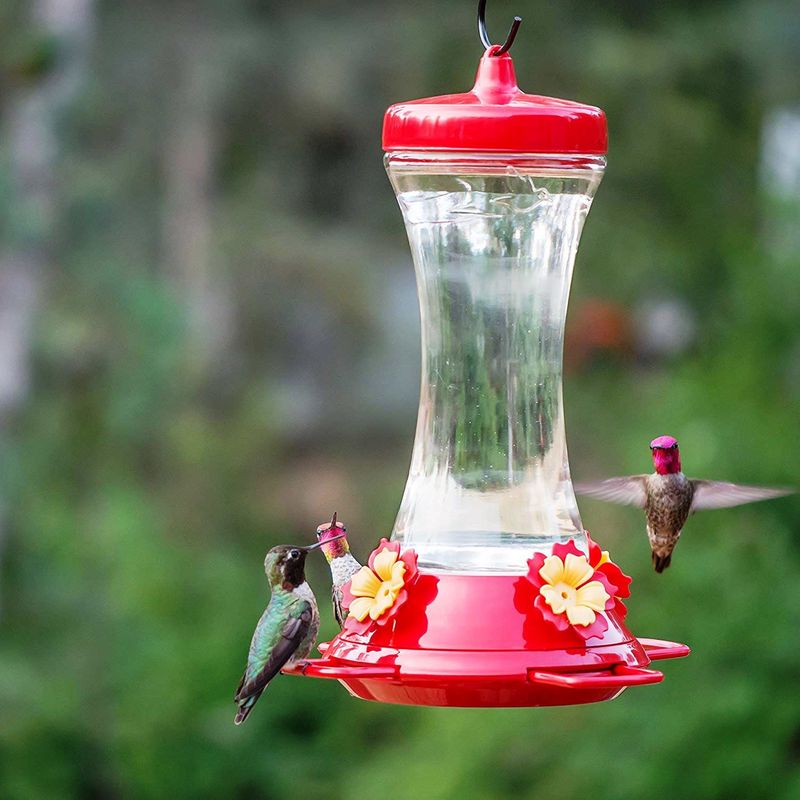
A light frost doesn’t mean all hummingbirds have vanished from Pennsylvania. Hardy individuals and late migrants often continue feeding even after chilly nights arrive in your area.
Bring feeders inside overnight when temperatures drop below freezing, then return them at dawn. This prevents nectar from freezing solid while still providing food for any remaining birds.
Early frosts happen in September, yet hummingbirds regularly stay through October regardless of occasional cold snaps.
6. Store Feeders Properly For Next Season
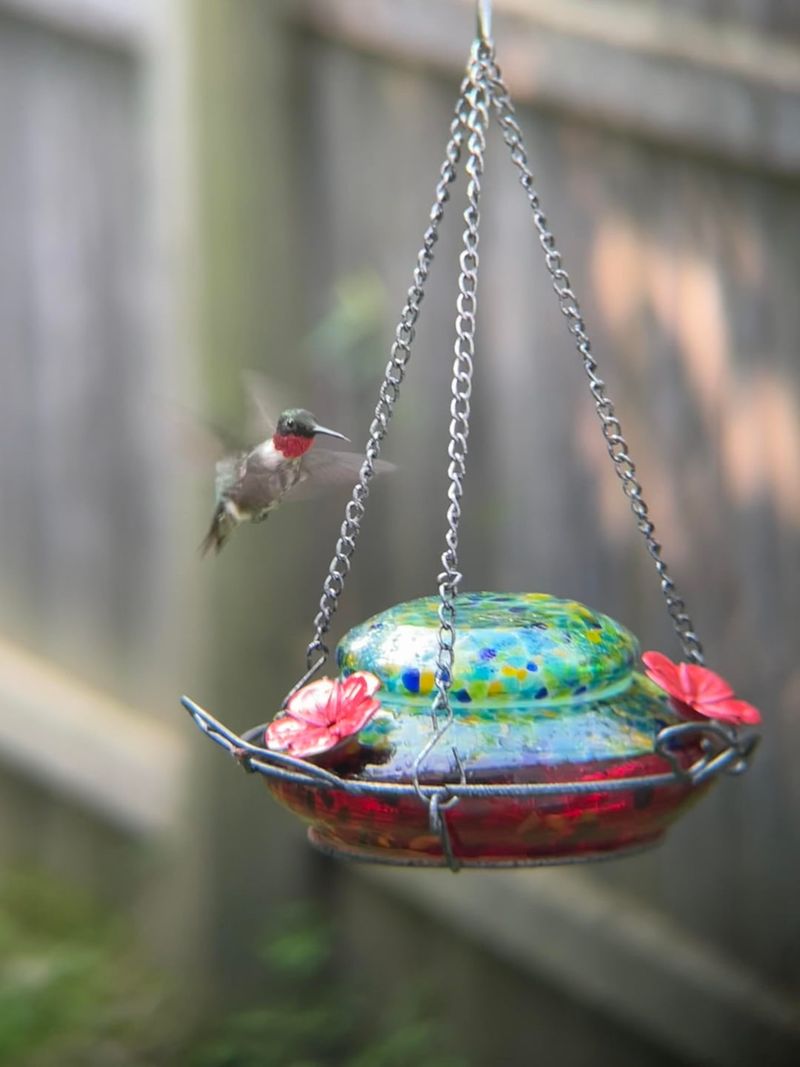
After your final hummingbird departs, give feeders a deep cleaning before storing them away until spring. Disassemble all parts and scrub with diluted vinegar solution to eliminate mold and mineral deposits.
Rinse thoroughly and let pieces air-dry completely before reassembling. Store feeders in a cool, dry location like a garage or basement to prevent cracking from temperature changes.
Proper storage extends feeder life and makes springtime setup quick and hassle-free when hummingbirds return to Pennsylvania.
7. Mark Your Calendar For Spring Return
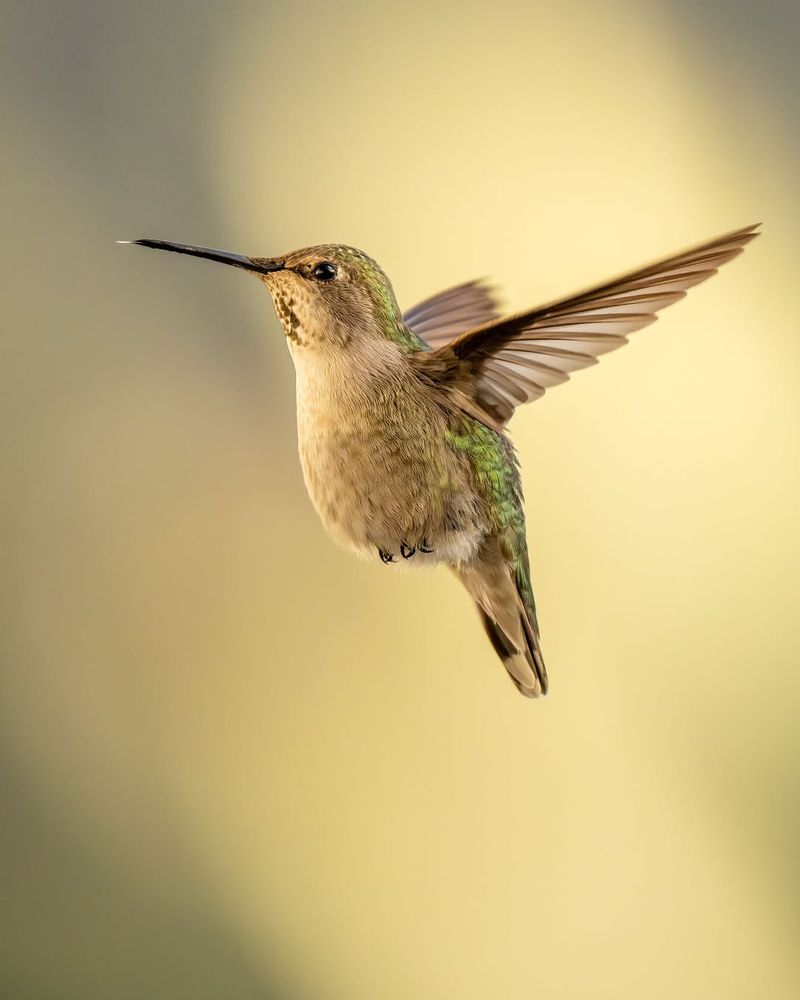
Ruby-throated Hummingbirds typically return to Pennsylvania between late April and early May, depending on spring weather patterns. Recording removal and return dates helps you establish a reliable feeding schedule year after year.
Keep a simple journal noting first and last sightings each season. These records reveal migration trends specific to your backyard and help you anticipate their arrival better.
Being ready when hummingbirds return ensures exhausted migrants find immediate nourishment after their incredible journey north.

